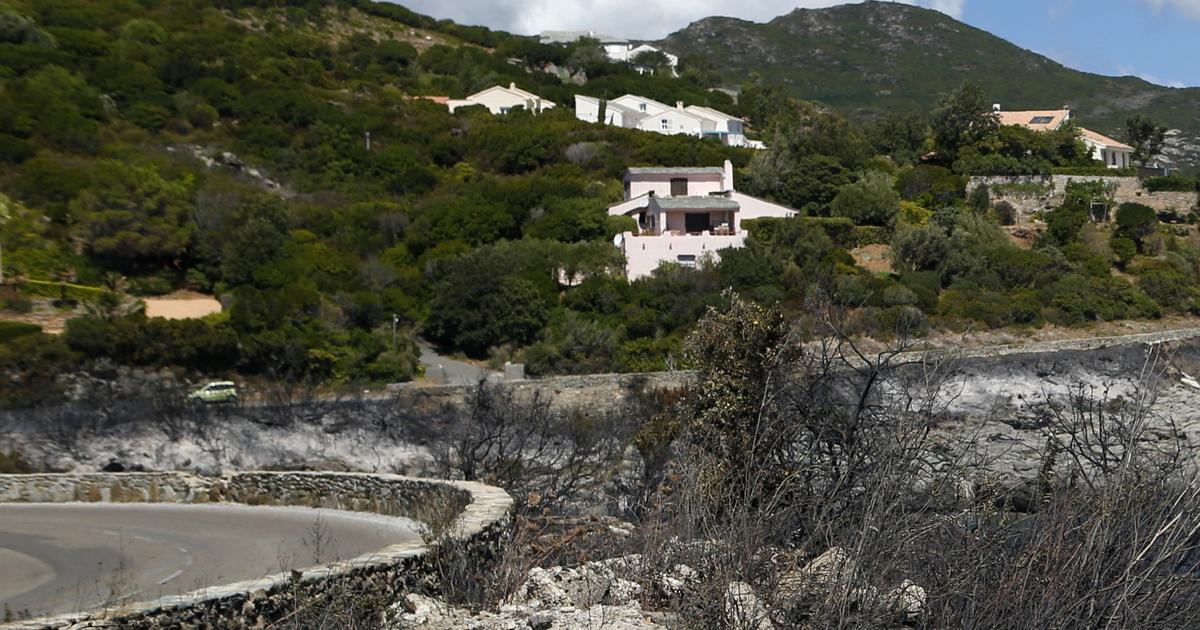The looter was fined.
The Chambéry Criminal Court sentenced a man on Friday for non-declaration of archaeological discoveries, releasing him from the facts of theft and concealment of which he was also accused.
Pursued in a case of archaeological looting at Lake Aiguebelette (Savoie), the forties was fined 3,000 euros, including 1,500 suspended.
Detectorist, that is to say, amateur excavator equipped with a metal detector, the individual had amassed a collection of ancient objects collected without excavation authorization or without having been declared.
Passionate about archaeological research, the man was regularly seen sailing on Lake Aiguebelette, one of the 111 prehistoric pile-dwelling sites (on stilts) in the Alps, a set classified since 2011 as a UNESCO World Heritage Site.
Two areas of this natural lake are classified as Historic Monuments in France, one of which is listed as World Heritage by the UN organization for education, science and culture.
Read alsoMarseille, Arles, Paris… The war against archaeological looting is declared
“An extremely large number of seals”
had been seized from the looter, during a search in February 2020, explained during the hearing, on January 13, President Aude Favoulet.
It was
"almost exclusively"
objects
"metallic, small everyday objects in coppery iron, dating from antiquity to modern times"
, which the defendant had collected since 2014, according to the prosecution, and which the court has decided to confiscate.
Arrowheads, axes, knives, statuettes as well as coins form part of the objects looted from the bottom and around the Savoyard lake.
Some pieces would also be dated to the Bronze Age.
Destruction of common heritage
The court considered that the offenses of theft and concealment of classified or registered objects were "
insufficiently characterized
".
The prosecution had expressed reservations, considering that it could not date and situate the facts with certainty.
The 40-year-old claims to have made his discoveries before 2014, in Savoie.
The defendant was also prosecuted for having used a metal detector for his research without authorization but, in this case, the court declared the prescribed facts.
For the other facts, the prosecutor had requested a conviction with, in particular, four months of simple reprieve and an environmental awareness course to be carried out.
Read alsoHomo sapiens already used bows more than 50,000 years ago in Europe
The Heritage Code prohibits unauthorized excavations or surveys.
Fortuitous discoveries that may be of interest to prehistory, art history, archeology or numismatics (the study of coins) must be declared to the authorities.
The archaeological community has increased its awareness-raising actions against the phenomenon of amateur looting in recent years, which has increased since the health crisis.
Archeology, in fact, does not come from the simple collection of ancient objects, but from the scientific study of a site and a context, remind the specialists.
“Archaeological sites are not a renewable resource
, explained in July to
Figaro
the curator of the National Archeology Museum Daniel Roger.
The goal of archeology is not to unearth all “treasures”.
It is about taking into account the whole of a context and producing knowledge.”









